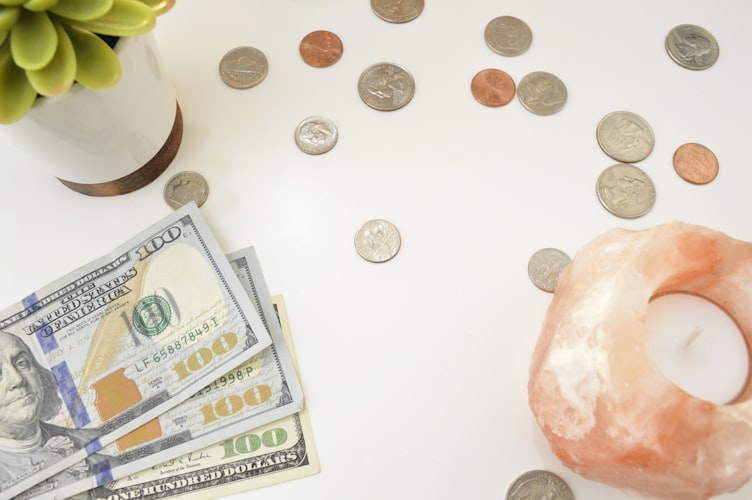Photo from here.
Now that the general posts in my series on living debt-free are complete, we can dive into some specifics. Except that avoiding credit card debt is mostly a matter of following basic stewardship principles:
1. If you're committed to following God's word and believe you must try to avoid credit card debt (first, because God's word discourages debt and second, because of how modern credit card loans originate), you'll probably have much better success than someone who doesn't think it really matters.
2. With contentment, you'll be able to live within your means. If you cannot afford to pay for it in full now, don't buy it.
3. If you are humble, you'll be ok not buying name-brand clothes or sometimes explaining to someone that you must turn down their invitation to an event because it's not financially wise for you currently. Also, you'll realize that if you've not been able to save up for something in the past, chances are you'll have trouble paying off a credit card debt for it later. Finally, if you are in credit card debt and humble about it, charitable people may be willing to help you, whether it be by encouragement, charity, or wise counsel.
4. Self-control will give you the ability to say "no" to impulse purchases. You'll be able to pull away and think things over.
5. Creativity can help you avoid using credit cards. You might start by asking, "how can I avoid using a credit card?" The answer might be as simple as saving $5 each day by packing a lunch for $100 every month in savings or it could be very complex. Brainstorm!
6. If you plan a budget, then you will have fewer unforeseen expenses. Also, if you plan, you can save for future purchases. It may be easy to think you can pay for new furniture in six months before any interest starts accruing, but what if that's not the case? Then you're in trouble. A better method would be to save for six months and then buy the furniture if at that time you decide it's worthwhile. If you end up not being able to save, no harm is done.
7. With Christian community, you'll be able to ask for help if in an emergency. (I plan to write a blog specifically about emergency debt in the future.)
It's best to avoid credit card debt.
Face what may be a hard reality now and you'll reap gratification in the future. If things are tight and you get an offer for $2,000 on a credit card, it may be hard to let it pass you by, especially if the amount of money you possess is quickly diminishing. Saying "no" to it, even if it means having to strain, is actually good because you'll have a strong incentive to use your remaining money wisely. If you do take the credit card, things may be eased temporarily, but realize that reality will catch up to you: You'll have a $2,000+ debt. But what if you expect things will improve and you just want the credit card temporarily? First, if things don't improve, you're only in a worse situation by taking on the debt. Second, if things do improve, you'll be better off if you were able to stay debt-free.
This post was geared toward avoiding debt, so it was somewhat general. In my next post (on buying a car without a loan), I plan to include concrete strategies and examples with specific numbers, timeframes, and so on.


No comments:
Post a Comment